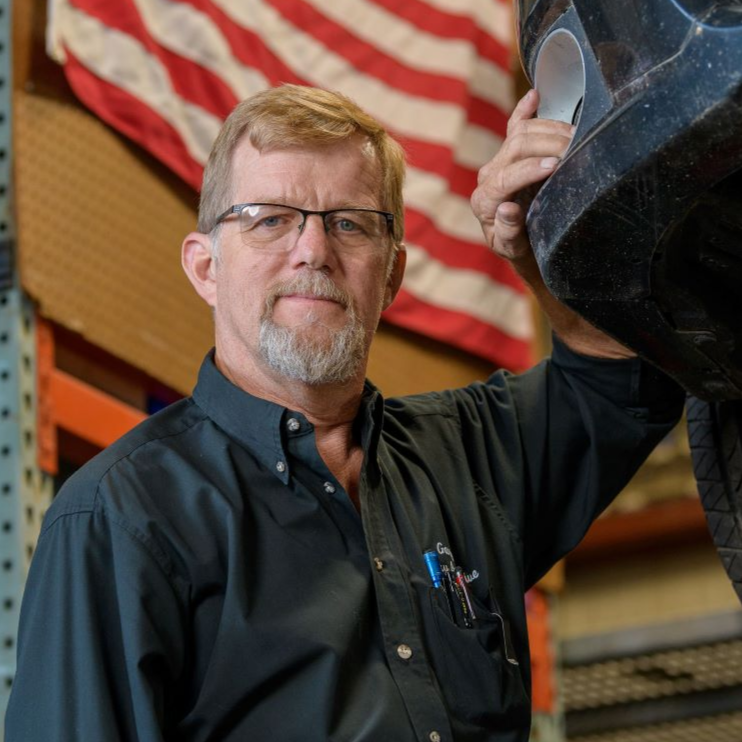Auto Electrical Repair: What about Starters?
If your vehicle is beginning to have starting problems, it could be a problem commonly associated with alternators. You will need to find an auto shop that can take care of auto electrical repair. If you ignore the problem, thinking it will go away, you will end up with car problems ranging from "slow" starts to a car that refuses to start at all.
What about Starters?
Starters can be electric, pneumatic, hydraulic, or internal-combustion. Engines are feedback systems, which once started, rely on the inertia from each cycle to initiate the next cycle. To start the first cycle of an engine's run session, the first two strokes must be powered in some way. This is where starters come in. However, once the engine is running, starters are not needed until the next "start" session.
Before the advent of the starter motor, engines were started by various methods; including wind-up springs, gunpowder cylinders, and manual techniques such as a removable crank handle. One aspect of the invention lay in the realization that a relatively small motor, driven with higher voltage and current than would be feasible for continuous operation, could deliver enough power to crank the engine for starting in just a few secons. If this motor had to run continuously at the voltage and current levels required to start the engine, it would burn out in just a few minutes.
Starters also served as generators once the engine was running, a concept that is being revived in hybrid vehicles. By 1920 most manufacturers included self-starters, thus ensuring that anyone, regardless of strength or physical handicap, could easily start a car with an internal combustion engine.
Electric starters are commonly used on gasoline and small diesel engines. The modern starter motor is either a permanent-magnet or a direct current electric motor with a starter solenoid (similar to a relay) mounted on it. Current from the starting battery is applied to the solenoid, usually through a key-operated switch. Once the engine starts, the key-operated switch is opened, a spring in the solenoid assembly pulls the pinion gear away from the ring gear, and the starter motor stops.
Have questions about starters? Contact our ASE-Certified Technicians by calling (308) 381-2295 or go on-line at https://www.garysautoinc.com/ for more information about auto electrical repair. Our auto repair shop proudly serves vehicle owners in Grand Island, NE, Wood River, NE and Doniphan, NE.
If your vehicle is beginning to have starting problems, it could be a problem commonly associated with alternators. You will need to find an auto shop that can take care of auto electrical repair. If you ignore the problem, thinking it will go away, you will end up with car problems ranging from "slow" starts to a car that refuses to start at all.
What about Starters?
Starters can be electric, pneumatic, hydraulic, or internal-combustion. Engines are feedback systems, which once started, rely on the inertia from each cycle to initiate the next cycle. To start the first cycle of an engine's run session, the first two strokes must be powered in some way. This is where starters come in. However, once the engine is running, starters are not needed until the next "start" session.
Before the advent of the starter motor, engines were started by various methods; including wind-up springs, gunpowder cylinders, and manual techniques such as a removable crank handle. One aspect of the invention lay in the realization that a relatively small motor, driven with higher voltage and current than would be feasible for continuous operation, could deliver enough power to crank the engine for starting in just a few secons. If this motor had to run continuously at the voltage and current levels required to start the engine, it would burn out in just a few minutes.
Starters also served as generators once the engine was running, a concept that is being revived in hybrid vehicles. By 1920 most manufacturers included self-starters, thus ensuring that anyone, regardless of strength or physical handicap, could easily start a car with an internal combustion engine.
Electric starters are commonly used on gasoline and small diesel engines. The modern starter motor is either a permanent-magnet or a direct current electric motor with a starter solenoid (similar to a relay) mounted on it. Current from the starting battery is applied to the solenoid, usually through a key-operated switch. Once the engine starts, the key-operated switch is opened, a spring in the solenoid assembly pulls the pinion gear away from the ring gear, and the starter motor stops.
Have questions about starters? Contact our ASE-Certified Technicians by calling (308) 381-2295 or go on-line at https://www.garysautoinc.com/ for more information about auto electrical repair. Our auto repair shop proudly serves vehicle owners in Grand Island, NE, Wood River, NE and Doniphan, NE.


